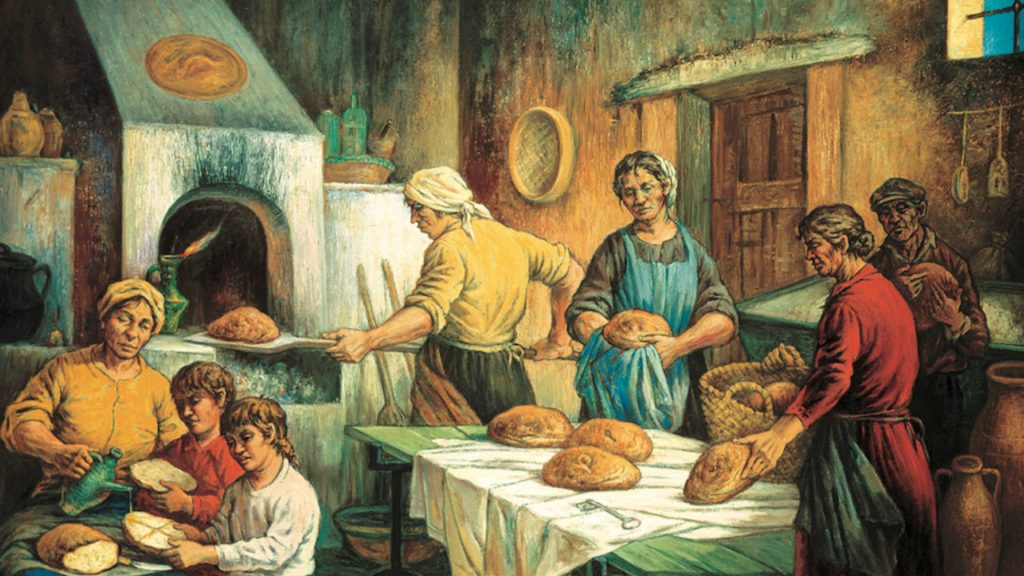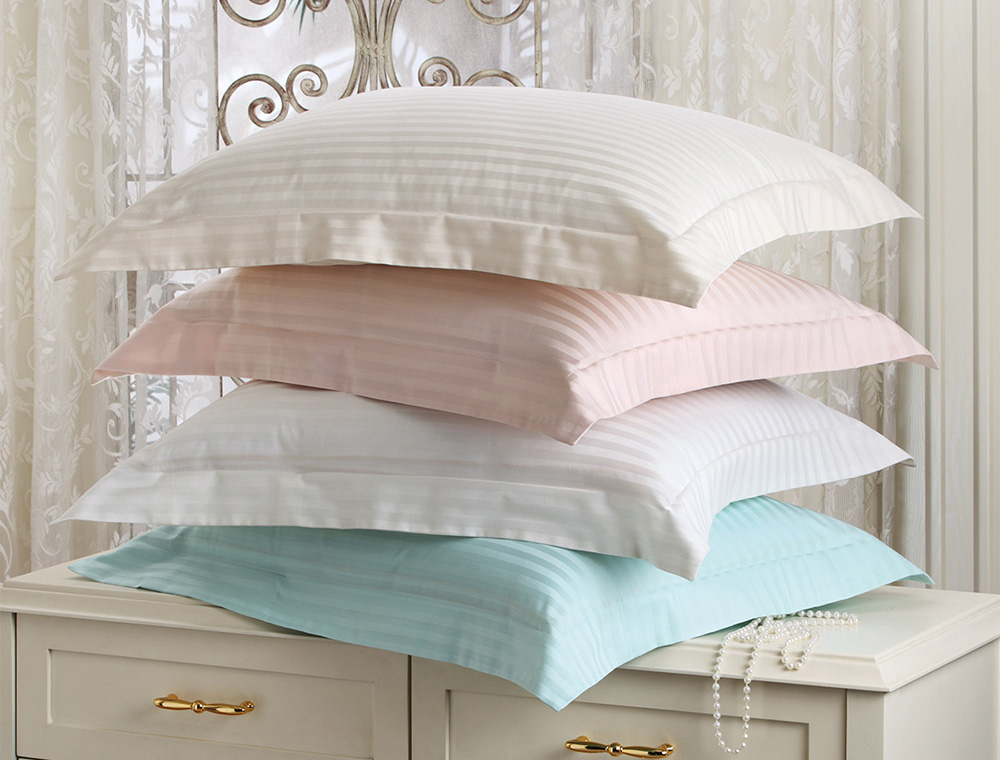5 things that we often throw in the trash, but in the old days they would never have been thrown away
Essentially, we live in an age of consumerism, when you can only find anything in a landfill. People without regret throw many things into the trash bin, although this is sometimes correct - there is no need to turn your house into a warehouse for unnecessary items.
Often, non-working equipment, broken dishes, old upholstered furniture, leaky carpets, tired literature, and out-of-fashion clothes go into the trash bin. Yes, that’s right - this is what needs to be done, although some of this list could be recycled in order to pollute the planet less. But it is precisely this kind of decluttering that would have seemed very strange and inappropriate to our ancestors, who knew the value of every grain and every piece of fabric.
By the way, in Rus' for a long time there was an unspoken taboo prohibiting throwing away some things that were of special significance to our ancestors.
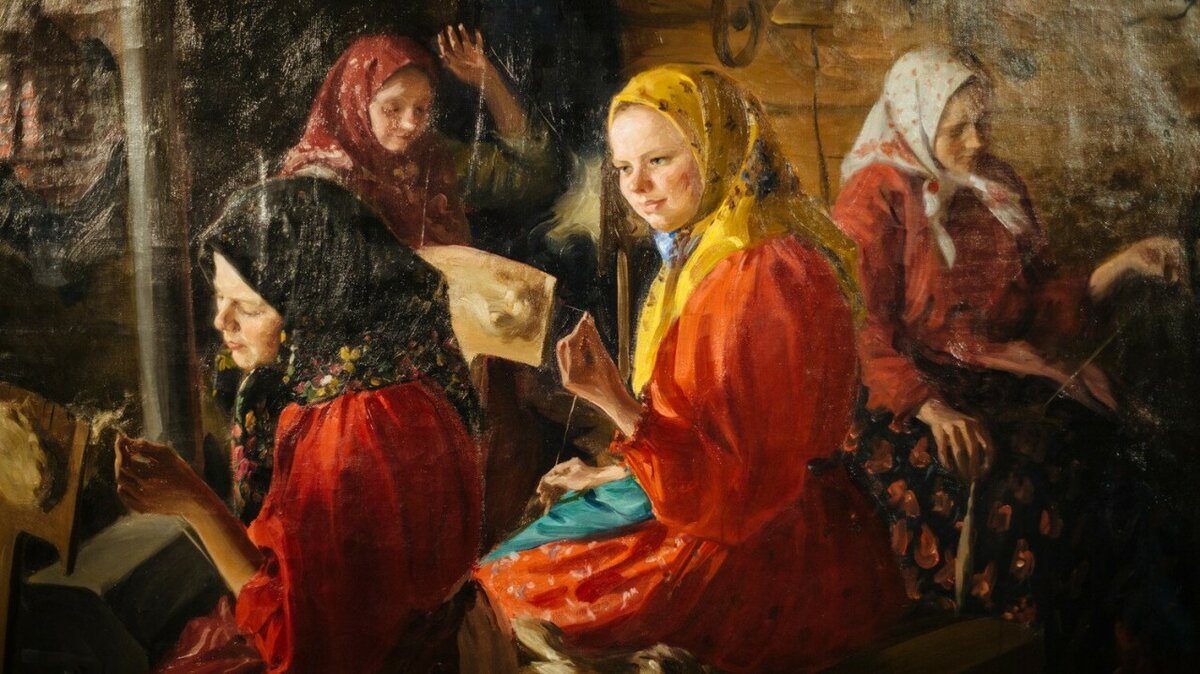
The content of the article
Clothes of deceased relatives
Our predecessors believed that the soul of a person in the first 40 days after his death is still somehow connected with the world of the living, but suffers because it has lost its corporeal shell. She wants to go back, she misses life, but at the same time she will be very upset if one of her relatives touches her things or moves them to another place. And it doesn’t matter what it might be - clothes, a spoon, a towel, a tool. Touching any belongings of a deceased person is taboo.
Moreover, it was believed that if you throw something away completely, the soul will get angry and take it with it.
According to such beliefs, our ancestors tried not only not to throw away, but not to touch at all the things of the deceased for 40 days after his death. And only then did the relatives have to decide where to take them. They left valuable items, such as tools and dishes, in the house, and gave clothes to the poor or took them to church.
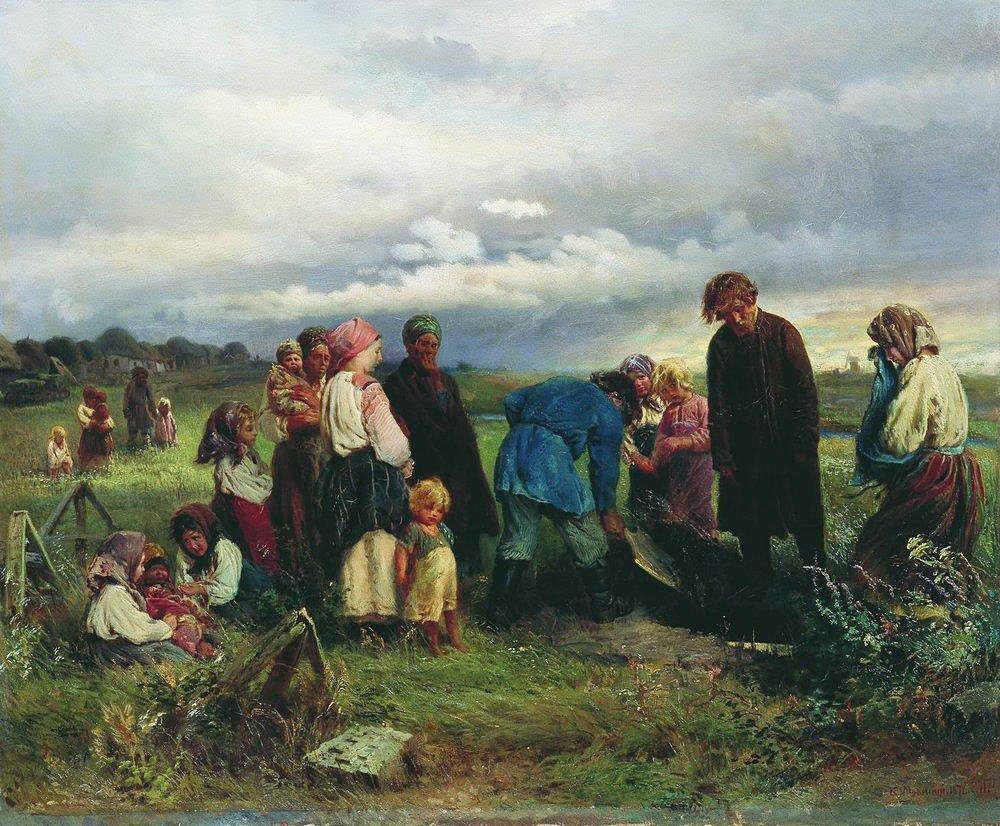
Attributes of religion
Such accessories in Rus' have been passed down from generation to generation for many centuries, so no one would even think of throwing something away.
Any religious attributes, be it a cross, an icon, or the Bible, were treated with extreme respect and somehow reverence. Housewives always made sure that the red corner was kept clean, and even icons on which the faces of saints had been erased were not subject to disposal.
If something was completely spoiled, it was not sent to the trash bin, but, of course, was taken to the priests.
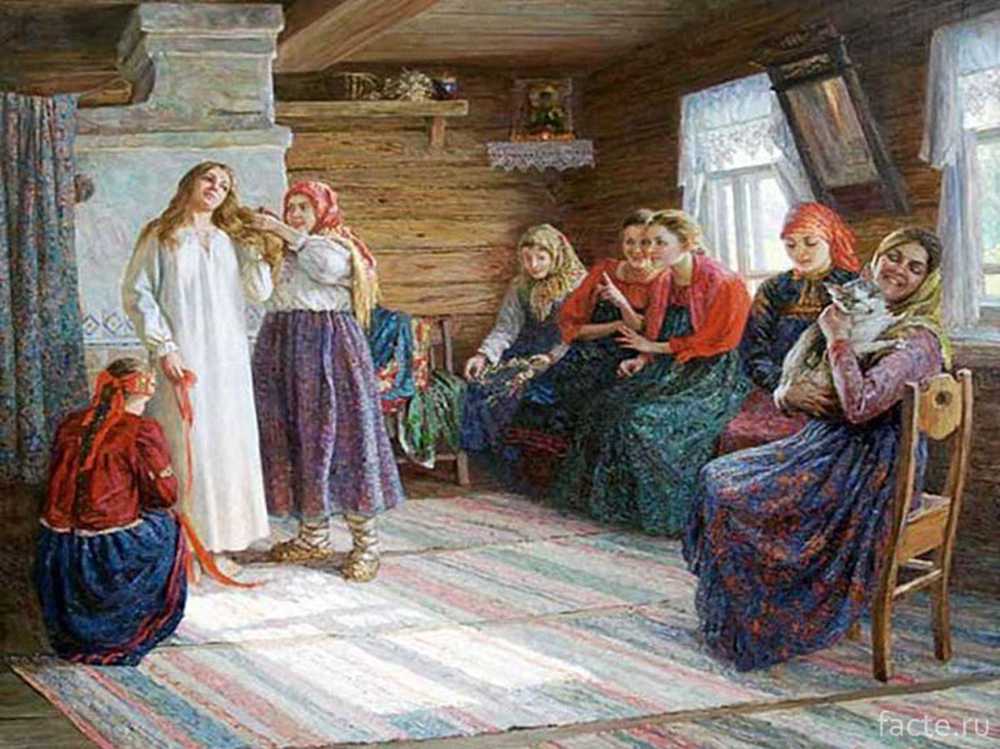
Hair and nails
People at all times have tried to keep their bodies clean. Of course, they trimmed their hair, trimmed their beard, and cut their nails. But no one ever threw them in the trash. It was believed that they were a part of a person, having their own energy and strength, therefore neither hair nor nails were left where someone else could pick them up, especially if he wished something bad and evil for this person.
However, they were not kept in the house. Disposal involved several methods: burying it in the ground, burning it, hiding it in a hard-to-reach place.
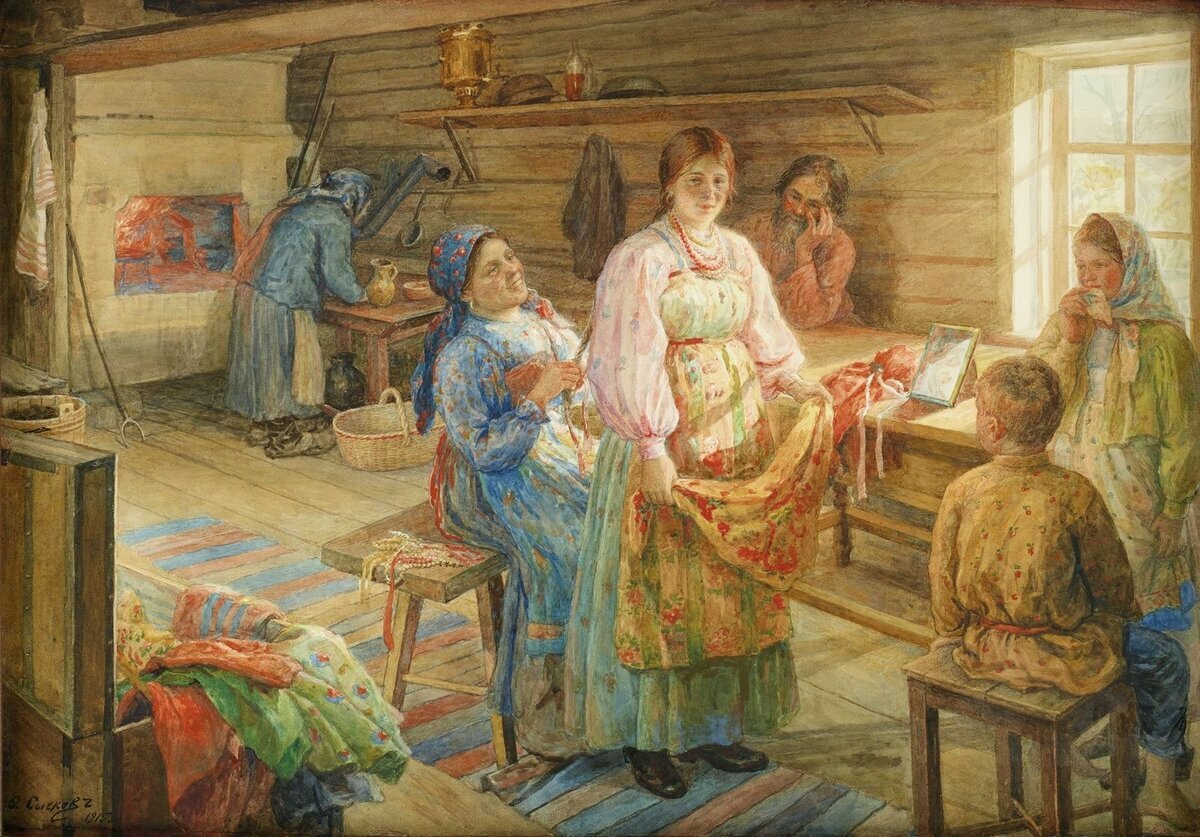
Scraps of fabric
Small pieces of different materials were also not thrown away. They were collected and even sorted - according to one size or color. When a sufficient quantity was collected, women could sew a blanket, rug or bedspread with which they decorated their huts.
Worn adult clothes were converted into children's clothes, if at least most of the clothes were preserved.And the one that was worn to holes was allowed to wash the floor.
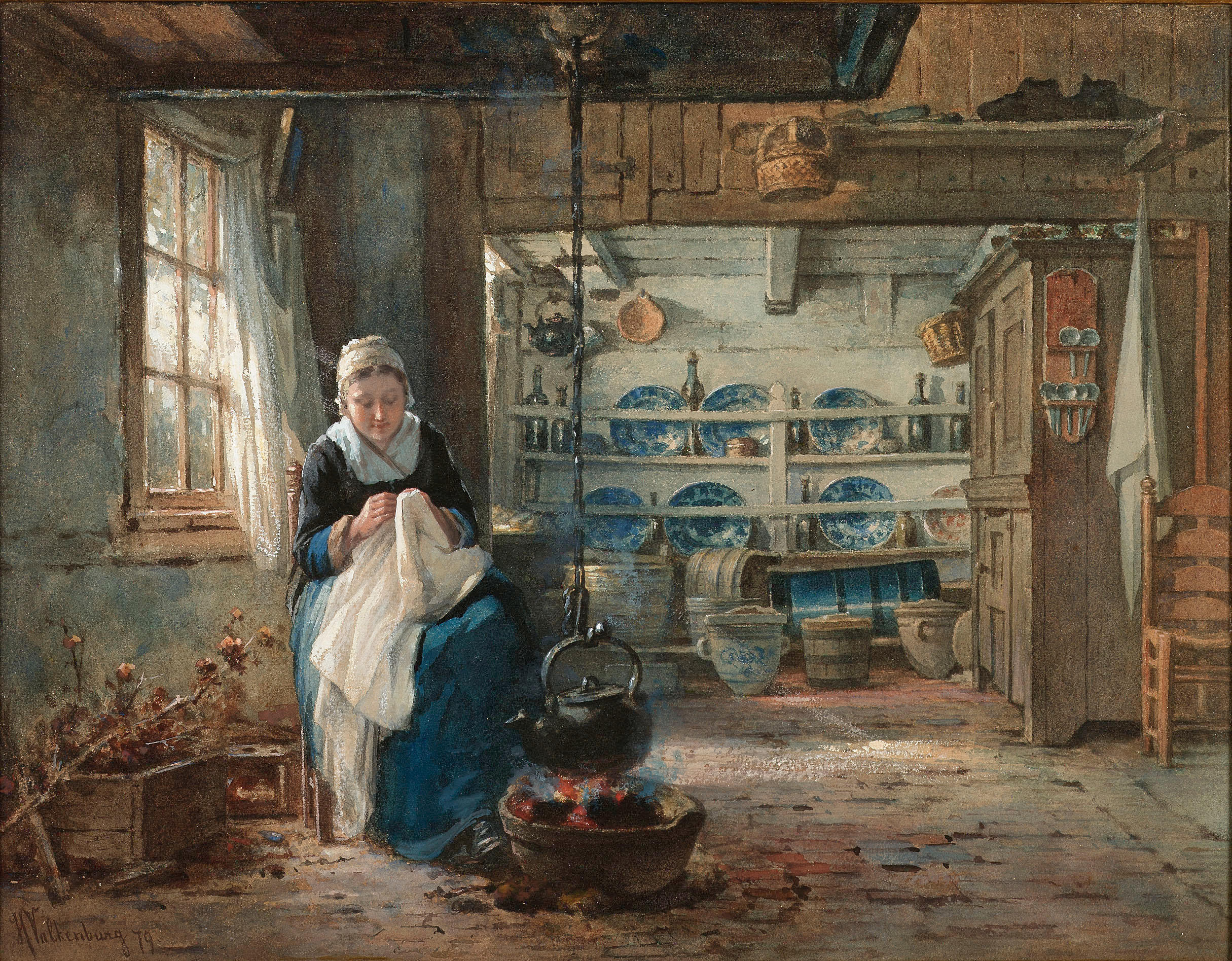
Bakery products
Most likely, many of us throw dried out bread into the trash. But in Rus' this would never happen. At that time, bread meant enormous and backbreaking labor for both men and women, and therefore the people of that time knew the value of every crumb - the bread was never left and was eaten entirely without a trace.
If it became stale, then it was soaked in water, milk or kvass and other dishes were prepared from it, such as babka or loaf. Completely spoiled pieces were given to livestock or birds.
